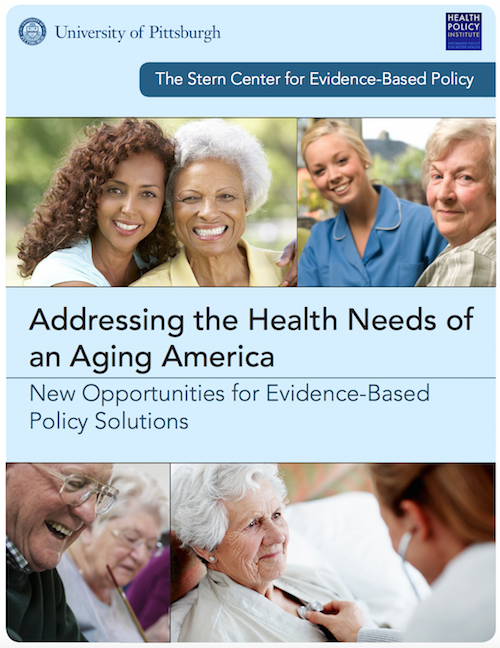
A report from the newly established Stern Center for Evidence-Based Policy at the University of Pittsburgh identifies the biggest issues facing senior living professionals, U.S. policymakers and citizens in general as the country’s population ages.
“This report provides an objective analysis of policies that are supported by research evidence as well as those that need additional research,” said report co-author Sally C. Morton, PhD, chair of Pitt Public Health’s Department of Biostatistics. “Our work will allow policymakers at all levels of government to connect a broad base of research evidence with stakeholder demand.”
The authors of “Addressing the Health Needs of an Aging America” say:
- Three areas for which much research exists and for which a high level of demand for policy change exists involve prevention and wellness, the workforce and coordinated care.
- Two areas for which much research exists but more attention from policymakers is needed are self-care/self-management of chronic diseases and palliative/end-of-life care.
- Two areas of great policy interest that need more research are medical malpractice and long-term care.
“While reforming the current long-term care system is a major policy priority for many stakeholder organizations in the study, the evidence base on the effects of proposals to reform the system for financing and delivering long-term care is limited, particularly at the federal level,” the authors write. “A great deal of policy activity in long term care is happening at the state level, as state leaders use policy levers such as Medicaid waivers to deliver long-term services and supports in innovative ways. However, many significant gaps remain and additional evaluation and research are needed to provide an evidence-base for these policies.”



